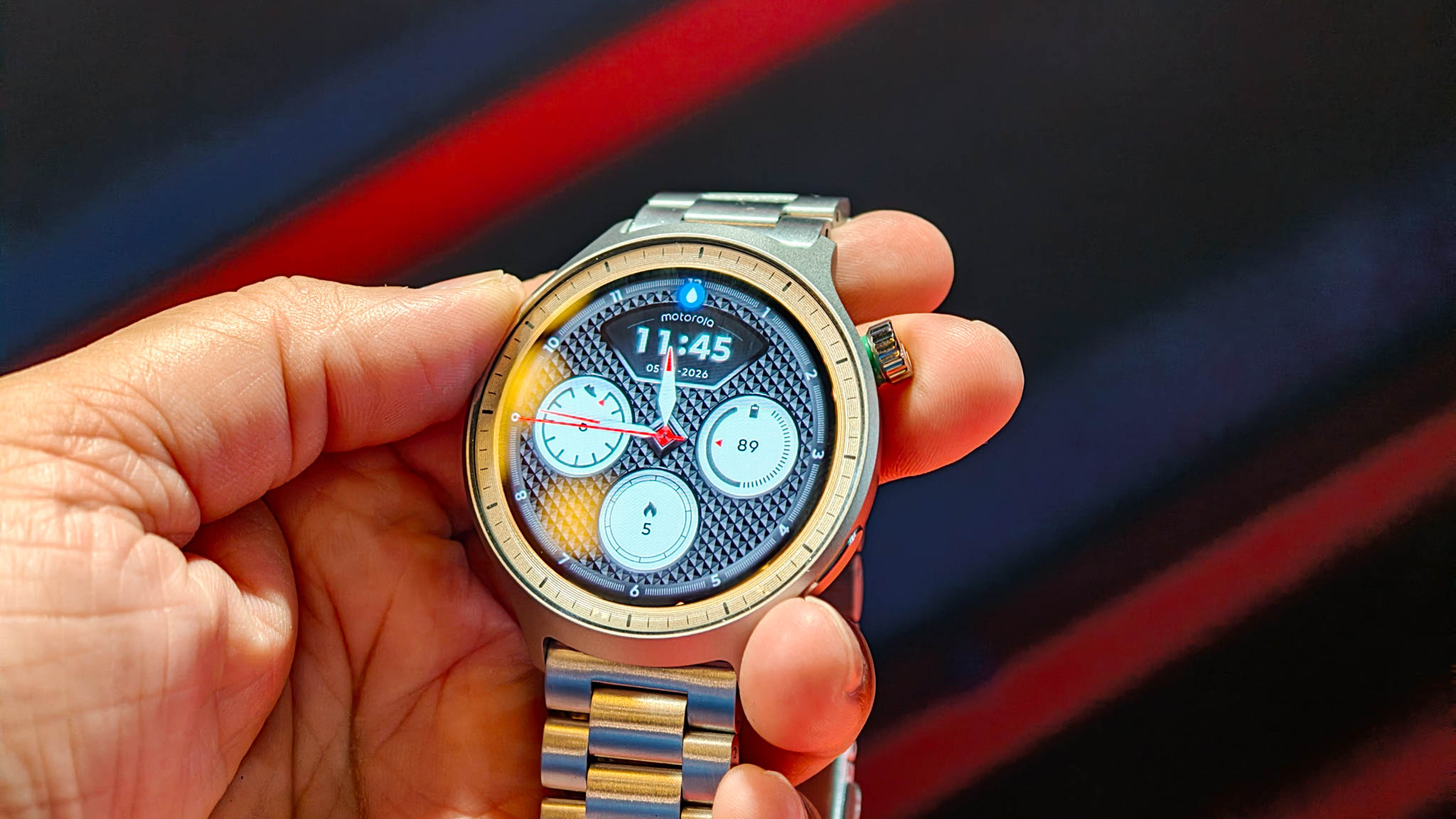One phone made me realize I don't need wireless charging
Are we giving too much importance to wireless charging?
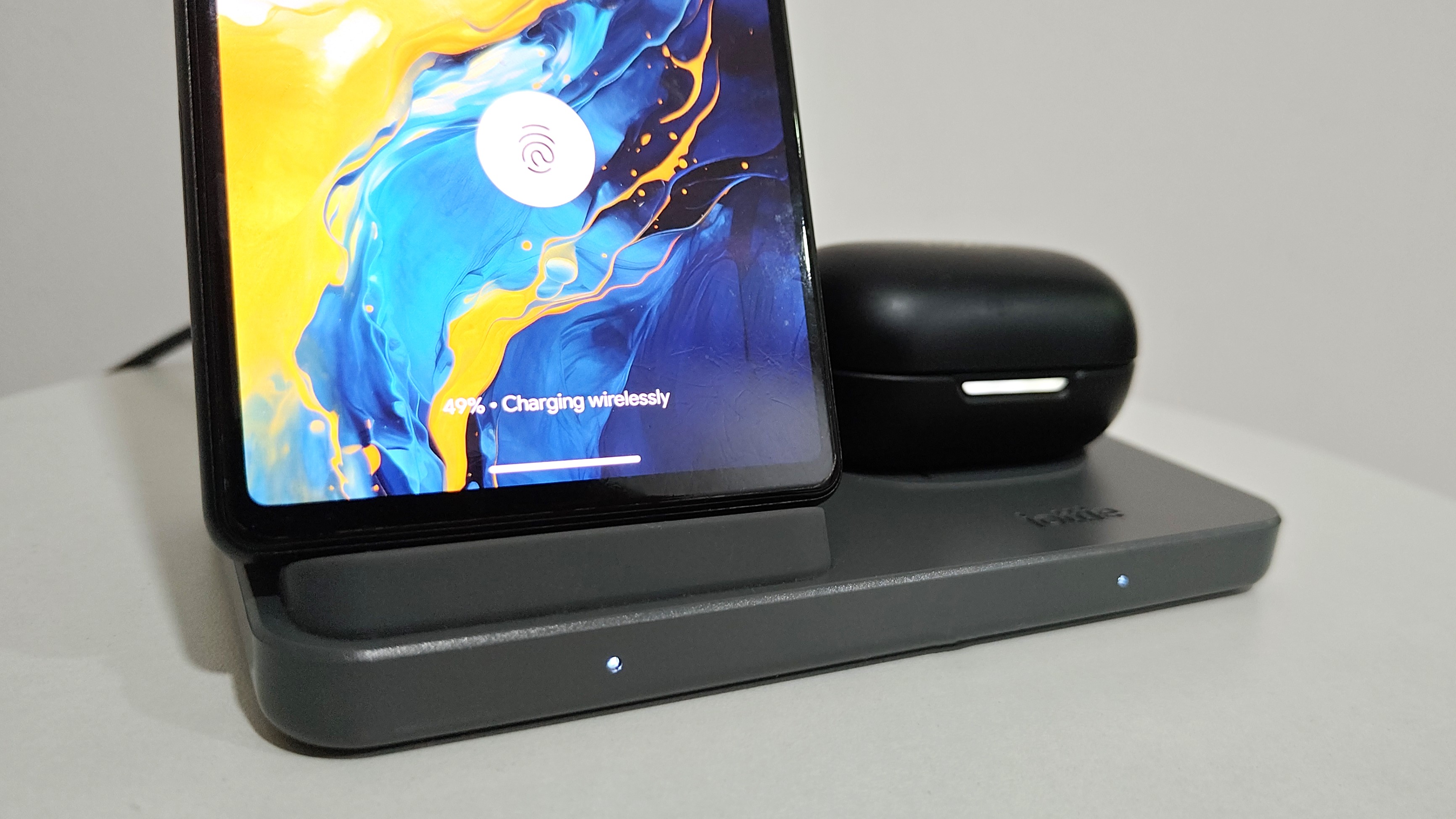

Join Namerah Saud Fatmi as she explores the cool, quirky, and sometimes downright odd world of smartphone accessories, gadgets, and other nerdy toys every week.
Wireless charging has been around for a while now, but it varies vastly between brands and products. The number of Android phones that support the feature as a whole has multiplied greatly. Samsung and Google phones usually offer very low wireless charging speeds, whereas brands like OnePlus, Xiaomi, and OPPO push the very boundaries of what can and cannot be achieved wirelessly speaking.
For years, heck, maybe even since the inception of wireless charging, we tech journos, bloggers, and reviewers have been guilty of writing off the lack of the feature as a glaring con. Any time a flagship device does not have wireless charging capabilities, we write this down as a major disadvantage of the device, but maybe it's time we adjust that thinking.
And it's not just phones that glorify wireless charging. Everything from wireless earbuds to Bluetooth speakers and power banks have ditched wires to charge and recharge these days.
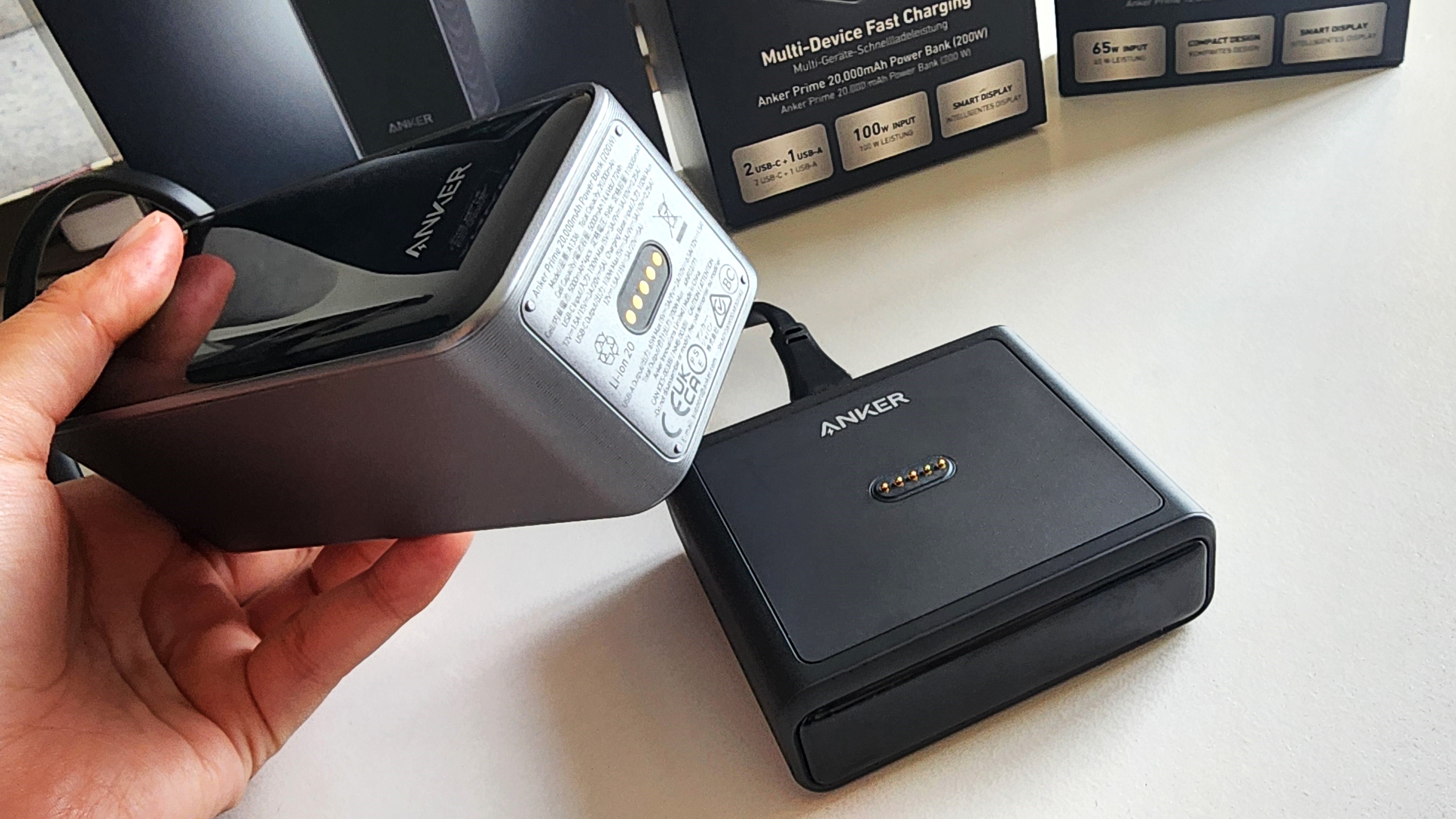
As a person who tests phones and accessories for a living, I love weighing out the pros and cons in terms of features and specs of devices. It makes it incredibly easy to weigh out the benefits and drawbacks of things you're looking to buy but aren't sure which exact model to go with.
Unfortunately, this can also be a problematic way to make decisions at times when we end up giving way too much importance to selective features as opposed to the overall value or price.
When it comes to Android phones, the basics that we compare and contrast include a general list of the main specs to pit against other options. Here's a rundown of those things in general:
- Price
- Display
- Processor
- Memory
- Battery
- Charging
- Camera
- Software updates
Arguably, everything else is secondary to these primary specs. Oftentimes, the best flagship phones have cutting-edge internals and there's a fine line between your top contenders. That's when you start to look at the other factors in play, and that includes wireless charging.
Get the latest news from Android Central, your trusted companion in the world of Android
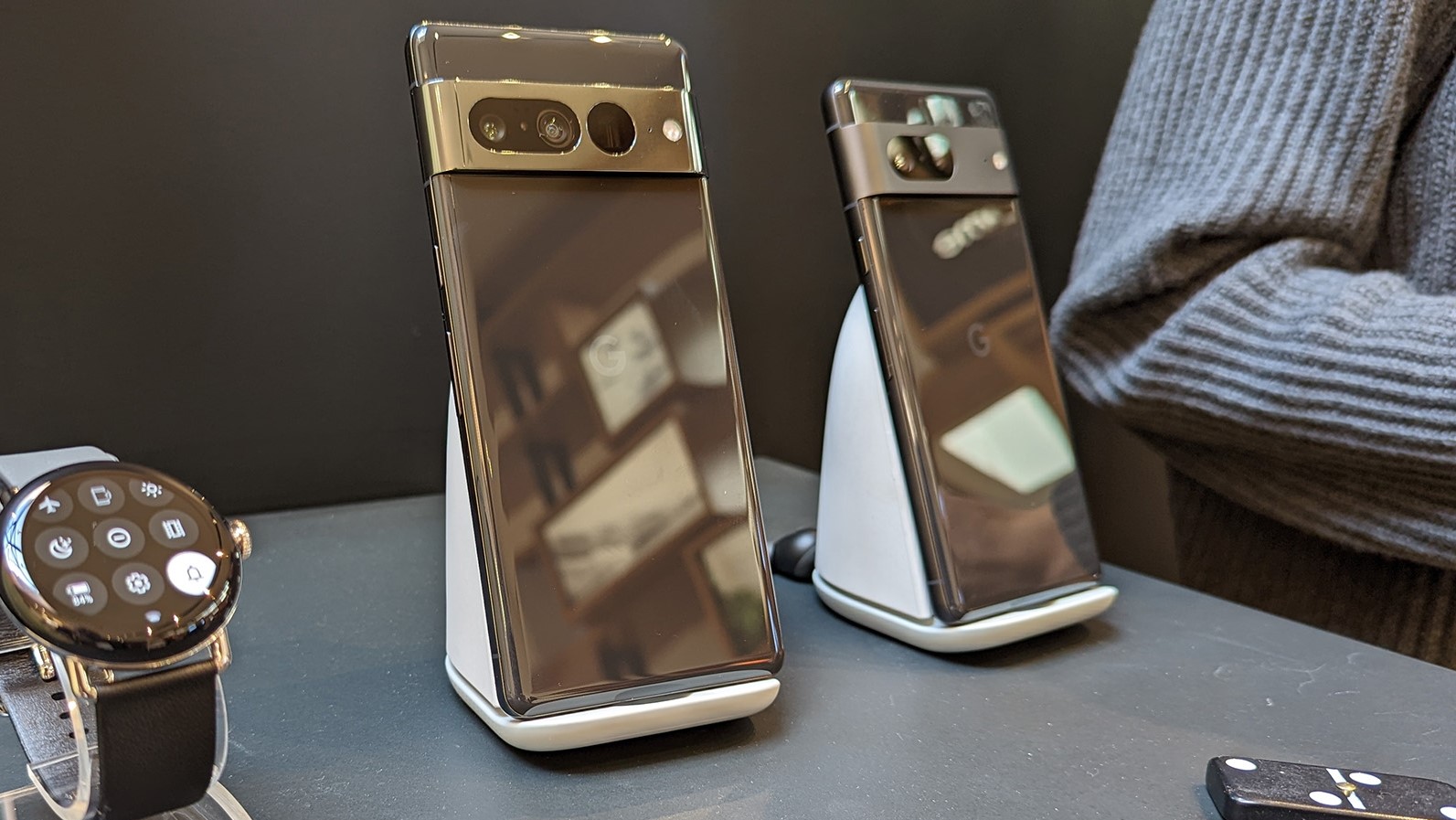
I myself have always prioritized wireless charging and don't hold back my criticism when a top-of-the-line phone or accessory doesn't support it. Recently, however, I have started to question my priorities.
Having used Google and Samsung phones as my primary mobile devices for the last few years, I became pretty used to having wireless charging support. I switched over to a OnePlus 12R as my main device a few months back and it completely changed my perspective on the matter.
When I switched from a high-end Samsung Galaxy to a budget OnePlus device, I had many anxious thoughts. And I'll be honest: I judged the OnePlus 12R pretty hard for not having wireless charging capabilities. I was so worried that I would be missing out on a big feature that I had become so used to.
But as I got accustomed to my new primary phone, I began to realize my fears were completely misguided. Since the 12R has such an incredible battery life and boasts a mighty 100W SUPERVOOC charging speed, I hardly need to charge it more than once in two days. Equipped with such spectacular battery and charging specs, I eventually forgot about my dependency on wireless charging.
This also gave me insight into the value of wireless charging. If your phone lasts long enough, you don't need to place it on a wireless charger to keep it topped off throughout the day. Cables or no cables, charging isn't the most important chore for me anymore.
What I have always loved about wireless charging was the fact that I don't need to fumble around with cables as much. But when you're not really charging your phone as often, plugging it in to recharge isn't such a big deal anymore.
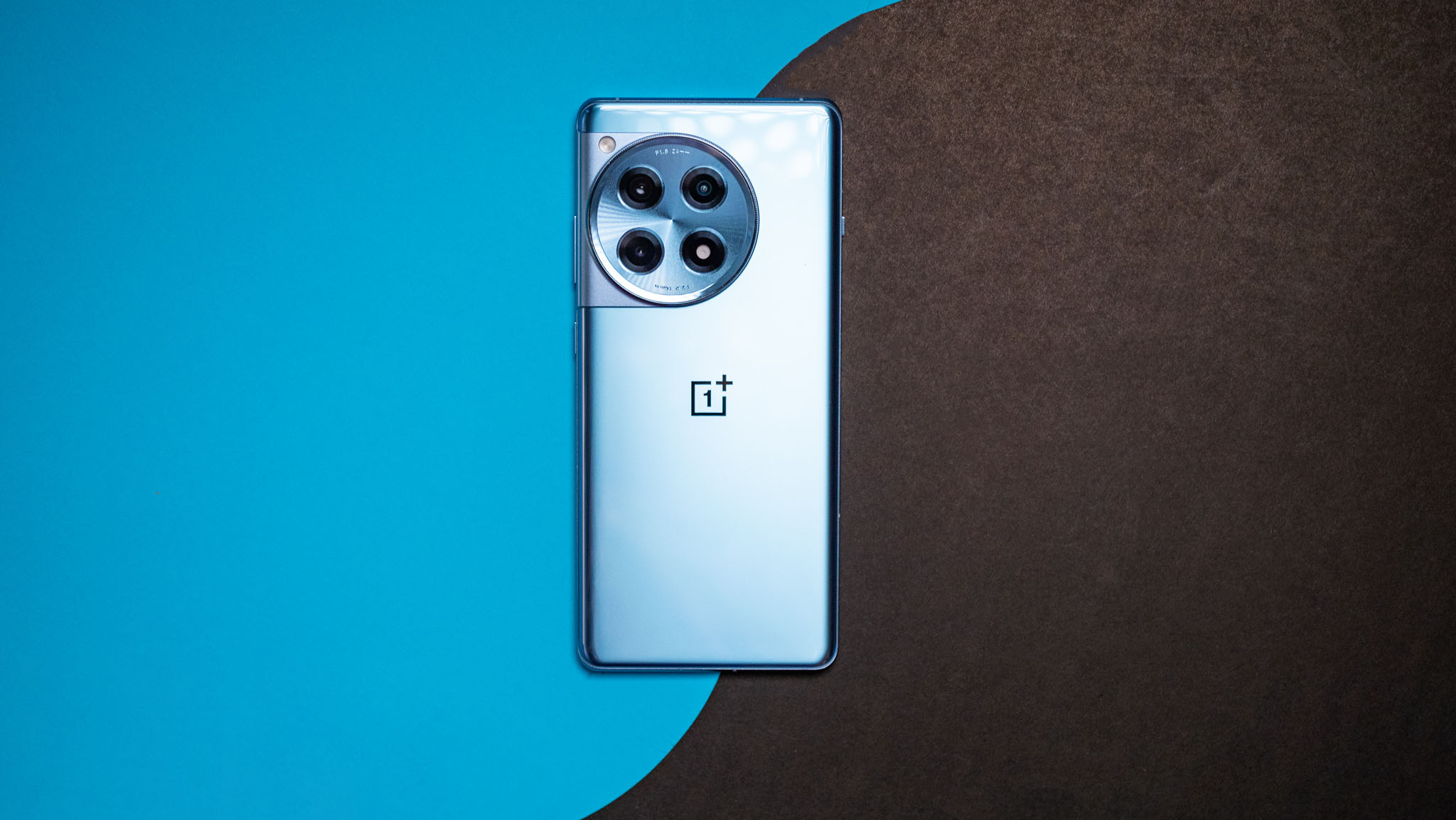
Honestly, the OnePlus 12R made me realize that I can live without wireless charging. This is now making me question whether we even really need it in our lives. Maybe we have lost the plot and placed too much value on wireless charging as a feature.
Perhaps it makes sense when you've got a stunningly fast 50W or 60W wireless charging speed or higher, but you top out at 15W to 25W with most flagships from Samsung and Google. In that case, I now think that it's better to have a faster wired charging speed as opposed to a measly and inefficient wireless charging speed.
I was very curious about the demand for wireless charging and whether average citizens seek it out as much. I reached out to Anker, one of the largest charging accessory brands in the world, to inquire about the demand for wireless chargers as a reflection of this. The brand's answers weren't surprising.
According to Anker, the growth rate of wireless chargers is faster compared to regular old wired chargers.
According to Anker, the growth rate of wireless chargers is faster compared to regular old wired chargers. The growth rate of the entire wireless market in 2023 went up by more than 80% compared to 2022. The Chinese company went on to comment on the increased demand for MagSafe wireless chargers in particular.
"Anker wireless has achieved remarkable results in the market. Our multiple magnetic wireless charging products have entered the top ten of the 'Best Seller' list in Amazon and are among the best-selling wireless chargers for mobile phones, including the Anker MagGo 3-in-1 Charging Station and MagGo Wireless Foldable Charging Station. Among them, the MagGo Wireless Foldable Charging Station is the only product in the top ten of the best-selling list with a price above $100."
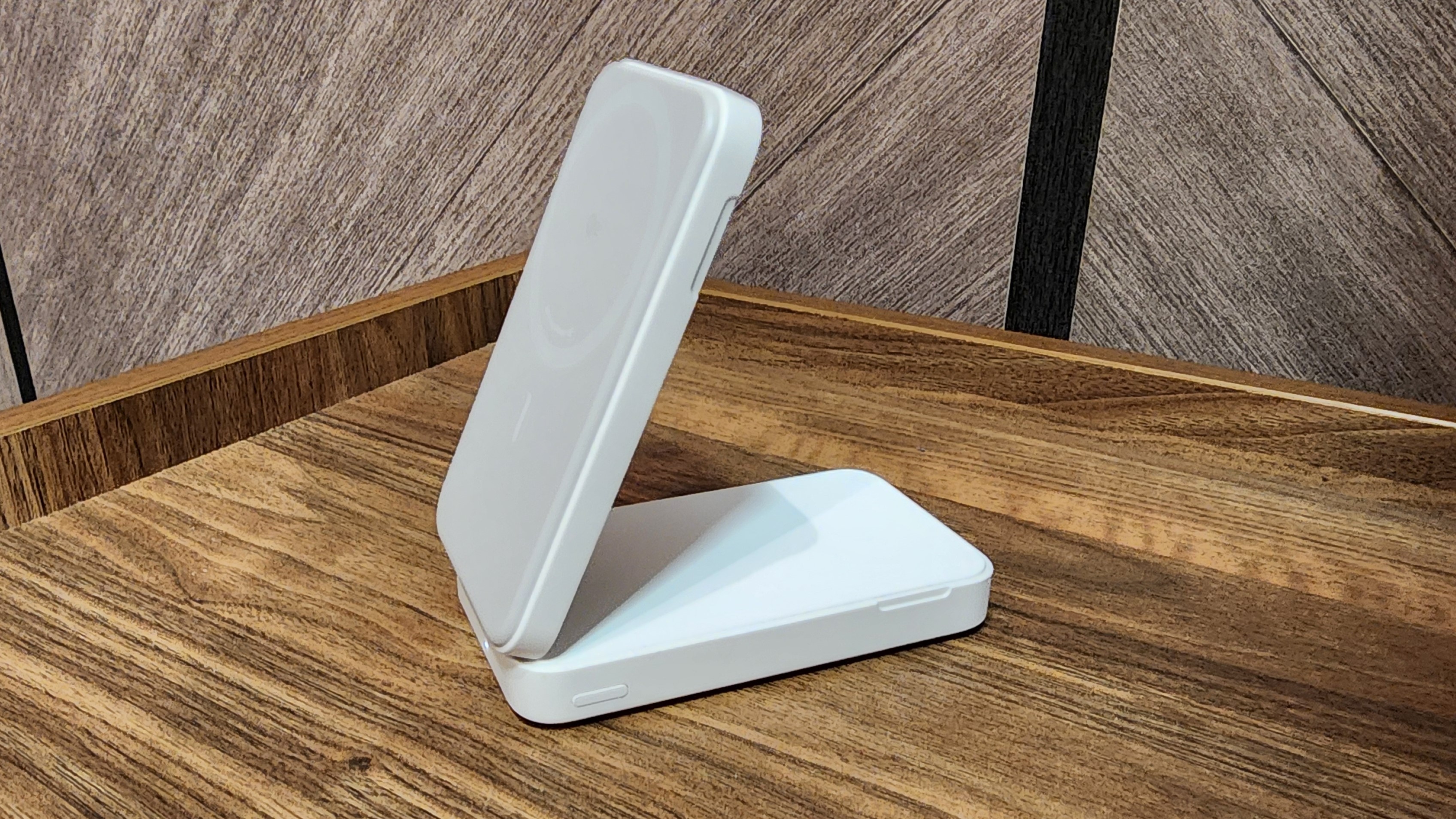
This isn't surprising, seeing as how more and more devices now support wireless charging. Factor in MagSafe and Qi2 being on the horizon, and you can see why more and more people want to ditch cables. It's just easier to plop on a magnetic wireless charger and go about your day. However, it's still not the fastest or most efficient way to recharge your phones and accessories.
At the end of the day, I remain firm in my newfound belief that wireless charging should not be over-prioritized as a feature. Sure, it's a nice spec to have and it's convenient. But it's not very useful if it's not blazing fast or up to par with a phone's wired charging capabilities.
We can hype wireless charging, but only if it's miraculously fast and beating current wired charging speeds. Xiaomi, OPPO, and OnePlus have proven to us that this is easily possible. But if popular brands like Samsung and Google continue giving us expensive flagships with stupidly slow 15W wireless charging speeds, it's a dumb feature to have. At that point, it's hardly even a feature. It's basically just an on-paper spec that saves the brand's face.
Be honest, what would you rather have: A phone with 100W or higher wired USB-C charging that takes about 20 minutes to go from zero to a hundred percent, or a device with so-so 45W wired charging and a snail's pace 15W wireless charging speed?

Namerah enjoys geeking out over accessories, gadgets, and all sorts of smart tech. She spends her time guzzling coffee, writing, casual gaming, and cuddling with her furry best friends. Find her on Twitter @NamerahS.
You must confirm your public display name before commenting
Please logout and then login again, you will then be prompted to enter your display name.
